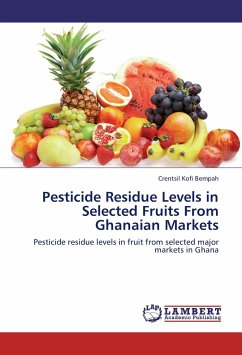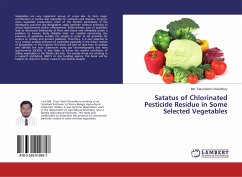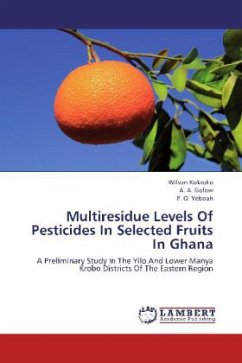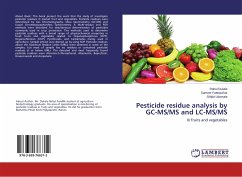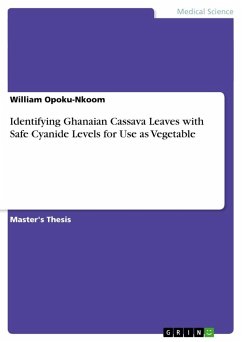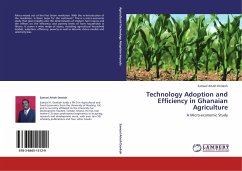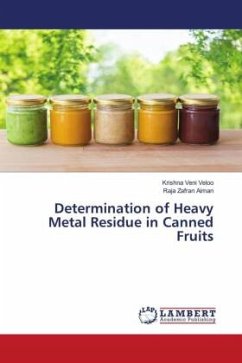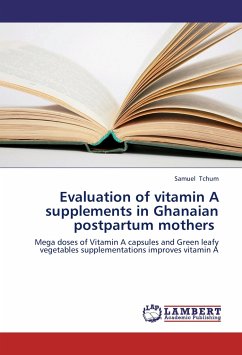Of late there is increasing demand for food safety because of increased health related diseases. Accordingly, this has stimulated monitoring and research into risk associated with consumption of foods contaminated by pesticides. A number of pesticide residues in fruits were monitored at several markets in the Accra Metropolis of Ghana. The data showed that most of the fruit samples analyzed contain residues of the monitored pesticides above the accepted maximum residue limit (MRL) as adopted by the FAO/WHO Codex Alimentarius Commission (CAC). Nonetheless, the continuous consumption of such fruits with modest pesticide levels can accumulate and could result in deadly chronic effects. Data analysis of health risk estimates indicated that, most pesticides exceeded the reference dose, indicating a great potential for systemic toxicity, especially in children who are considered to be the most vulnerable population subgroup. This book brings new and strong evidence of pesticide residues in fruits which are eat uncooked and this first hand research covers major urban markets in Ghana and especially useful to professionals in Pesticides Control and Management fields.
Bitte wählen Sie Ihr Anliegen aus.
Rechnungen
Retourenschein anfordern
Bestellstatus
Storno

